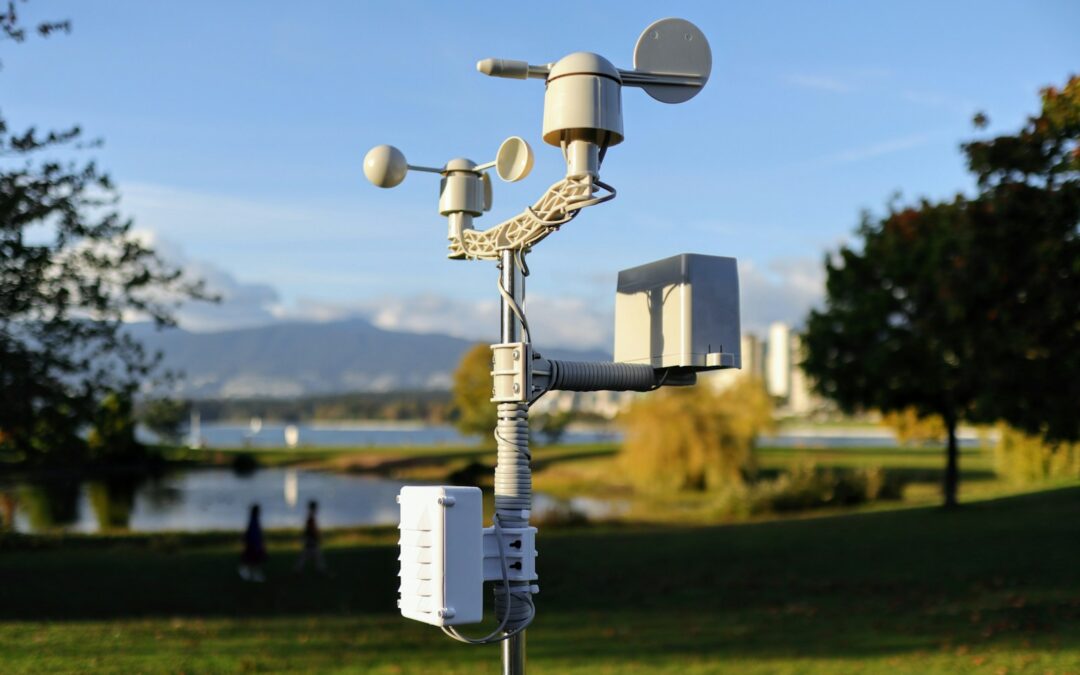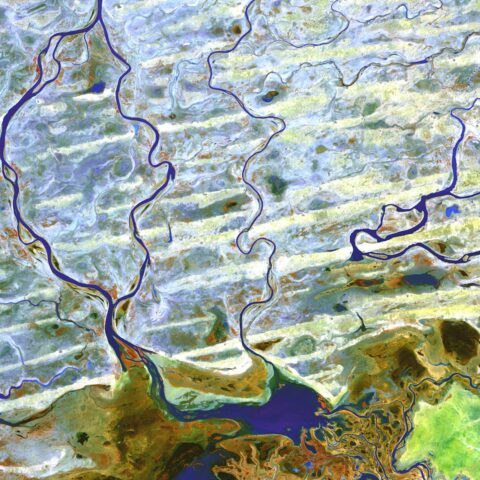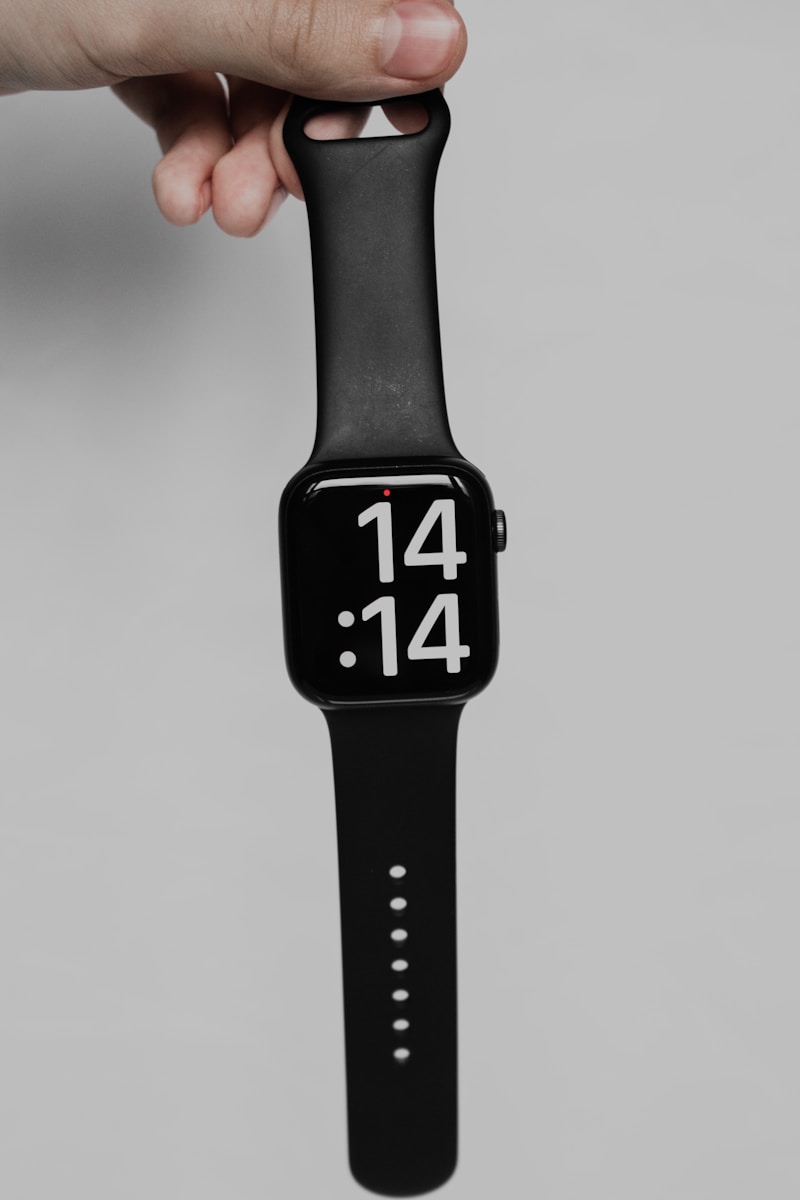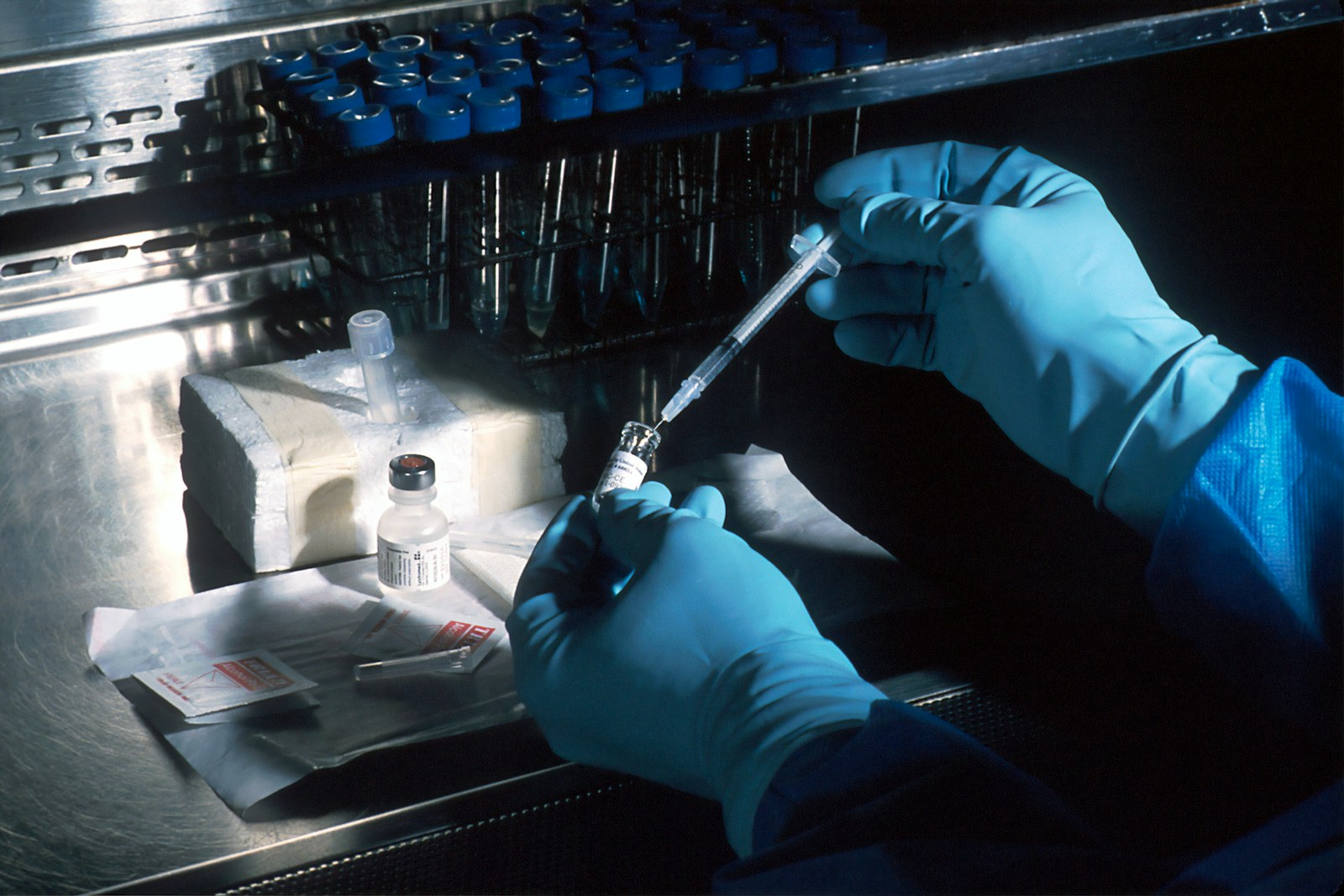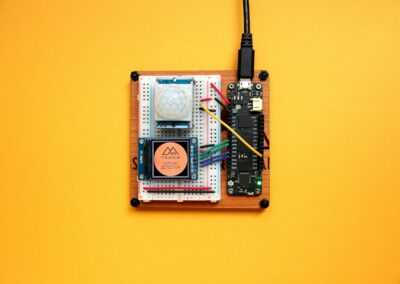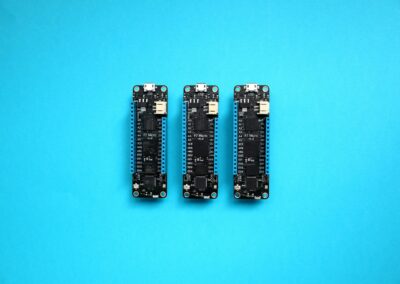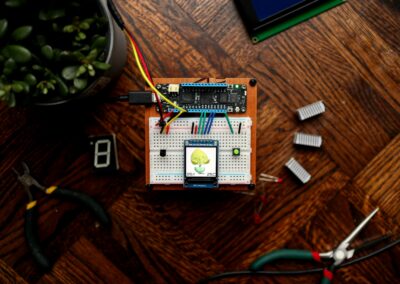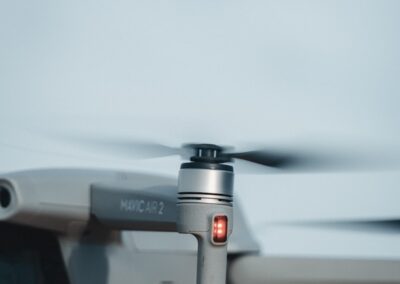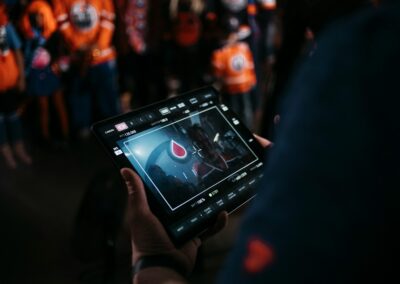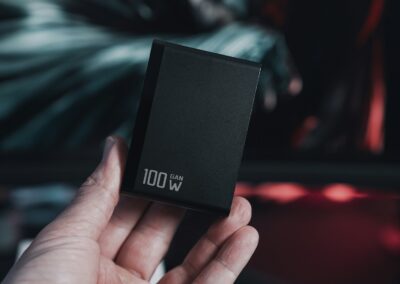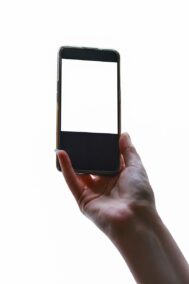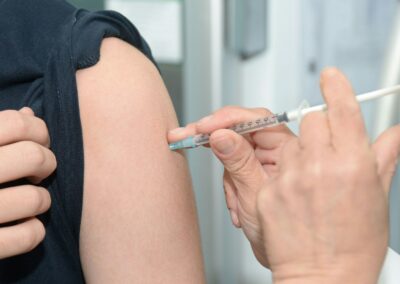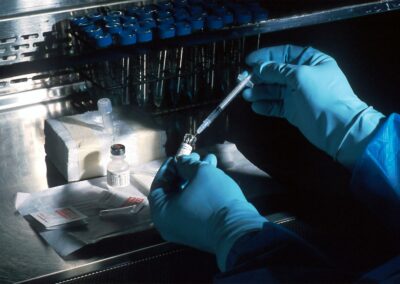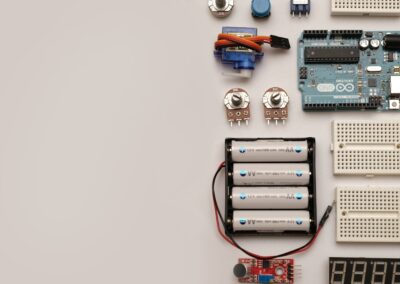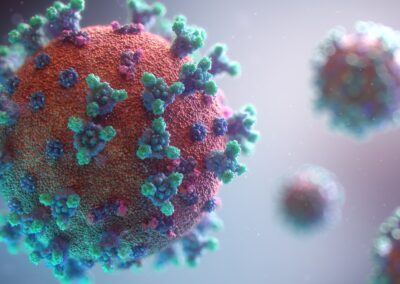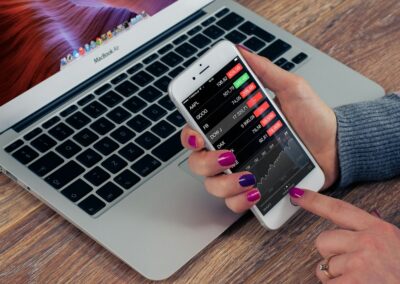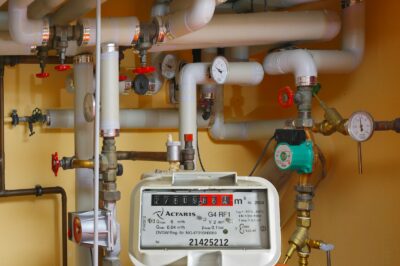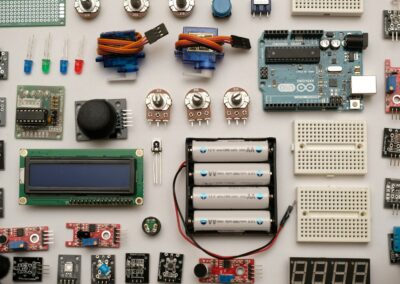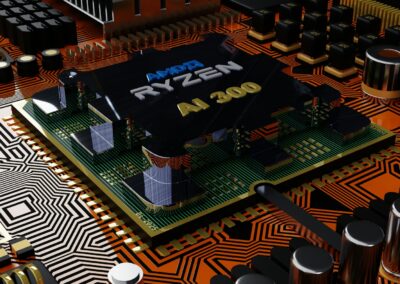Revolutionizing Healthcare with IoT Sensors
Enhancing Patient Monitoring and Diagnosis
The integration of IoT sensors in healthcare monitoring is transforming the accuracy and effectiveness of patient care. In cities like Riyadh and Dubai, where modern technology is rapidly being adopted, IoT-enabled devices are revolutionizing the healthcare sector. These sensors, embedded in wearable devices, smart beds, and other medical equipment, continuously collect and transmit vital health data. This real-time data flow enables healthcare providers to monitor patients’ conditions more accurately and respond swiftly to any changes.
IoT sensors play a crucial role in chronic disease management by providing continuous monitoring of conditions such as diabetes, hypertension, and cardiac health. For instance, a wearable device equipped with IoT sensors can track a diabetic patient’s glucose levels throughout the day, alerting both the patient and their healthcare provider to any dangerous fluctuations. This continuous monitoring helps in timely interventions and personalized treatment plans, significantly improving patient outcomes.
In addition, IoT sensors enhance the diagnostic capabilities of healthcare providers. By collecting comprehensive data on a patient’s vital signs and physical activities, these sensors provide a detailed health profile that aids in accurate diagnosis. In the context of Saudi Arabia and the UAE’s push towards advanced healthcare solutions, the adoption of IoT technology is a significant step towards achieving superior healthcare services and better patient care.
Improving Hospital Efficiency and Patient Safety
Beyond individual patient monitoring, IoT sensors contribute to overall hospital efficiency and patient safety. In busy hospitals across Riyadh and Dubai, IoT-enabled devices streamline various operational processes, reducing the burden on healthcare staff and improving patient care. For example, smart beds equipped with IoT sensors can monitor patient movement and adjust the bed’s position to prevent bedsores and enhance comfort. This automation allows nurses to focus on more critical tasks, improving the efficiency of healthcare delivery.
IoT sensors also play a vital role in medication management. Smart pill dispensers can track medication usage and ensure patients receive the correct dosage at the right time. These devices can alert healthcare providers if a dose is missed, preventing potential health risks associated with improper medication adherence. This technology is particularly beneficial for elderly patients and those with complex medication regimens, ensuring better compliance and reducing the likelihood of medication errors.
Moreover, IoT sensors enhance patient safety by monitoring environmental conditions within healthcare facilities. Sensors can detect changes in temperature, humidity, and air quality, ensuring that hospital environments remain within safe and comfortable parameters. In critical areas like operating rooms and intensive care units, maintaining optimal environmental conditions is crucial for patient safety and recovery. The implementation of IoT technology in these areas underscores the commitment of Saudi Arabia and the UAE to providing state-of-the-art healthcare infrastructure.
The Future of Healthcare with IoT Sensor Technology
Advancements in IoT-Enabled Health Monitoring
The future of healthcare monitoring is set to be even more transformative with advancements in IoT sensor technology. Emerging trends such as the integration of artificial intelligence (AI) with IoT sensors promise to elevate healthcare monitoring to new heights. AI algorithms can analyze the vast amounts of data collected by IoT sensors, providing predictive insights and identifying potential health issues before they become critical. This predictive capability allows for early interventions and personalized care plans, improving patient outcomes and reducing healthcare costs.
In regions like Riyadh and Dubai, where innovation and technology are highly valued, the adoption of AI-powered IoT sensors aligns with broader goals of achieving excellence in healthcare. For example, AI can enhance the functionality of wearable devices, offering more accurate and comprehensive health monitoring. These advancements will enable healthcare providers to deliver more precise and effective care, ultimately benefiting patients and the healthcare system as a whole.
Additionally, the development of new types of IoT sensors, such as flexible and implantable sensors, will expand the possibilities for health monitoring. Flexible sensors can be integrated into clothing or directly onto the skin, providing continuous monitoring without causing discomfort. Implantable sensors, on the other hand, can offer real-time monitoring of internal physiological conditions, providing valuable data for managing chronic diseases and postoperative care. These innovations will further enhance the accuracy and effectiveness of healthcare monitoring, supporting the vision of advanced and patient-centric healthcare systems in Saudi Arabia and the UAE.
Challenges and Considerations for IoT Sensor Implementation
While the benefits of IoT sensors in healthcare monitoring are substantial, there are several challenges and considerations to address for successful implementation. Data privacy and security are paramount, as IoT devices collect and transmit sensitive health information. Ensuring robust cybersecurity measures and compliance with data protection regulations is essential to protect patient data and maintain trust in IoT technology.
Integration with existing healthcare systems also poses a challenge. Healthcare providers must ensure that IoT devices can seamlessly integrate with electronic health records (EHR) and other medical software. This integration is crucial for creating a cohesive and efficient healthcare monitoring system. Additionally, training healthcare staff to effectively use and interpret data from IoT devices is vital for maximizing the benefits of this technology.
Despite these challenges, the potential of IoT sensors to revolutionize healthcare monitoring is undeniable. By addressing these considerations and embracing the latest advancements in IoT technology, healthcare providers in Riyadh, Dubai, and beyond can enhance the accuracy and effectiveness of patient care, contributing to the overall improvement of healthcare systems.
In conclusion, the impact of IoT sensors in healthcare monitoring is profound, offering significant enhancements in patient care accuracy and effectiveness. By leveraging real-time data and advanced analytics, IoT technology transforms healthcare monitoring, improving patient outcomes and operational efficiency. As Saudi Arabia and the UAE continue to invest in cutting-edge healthcare solutions, the integration of IoT sensors will play a crucial role in achieving advanced, patient-centric healthcare systems.
—
#IoTSensorsInHealthcareMonitoring #HealthcareIoT #MedicalTechnology #PatientMonitoring #SaudiArabia #UAE #Riyadh #Dubai

